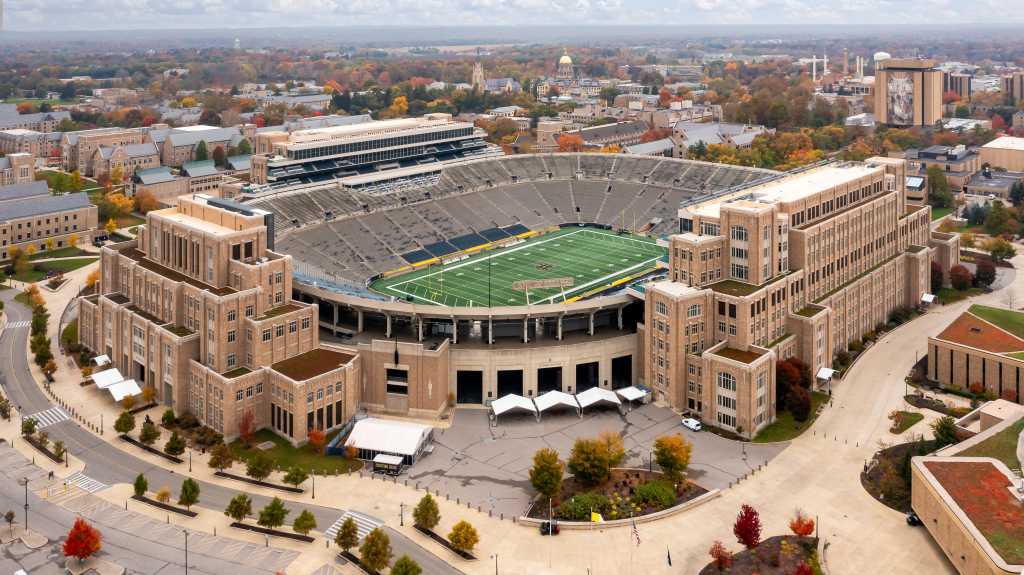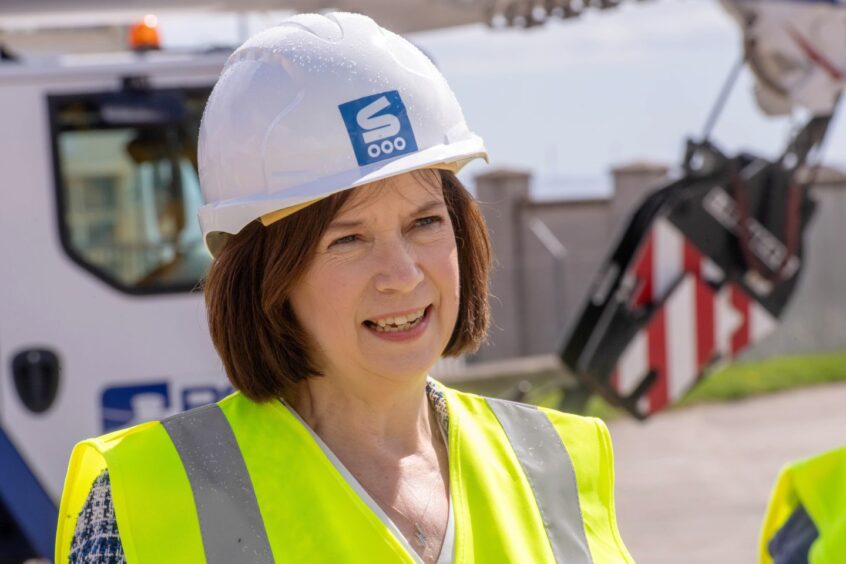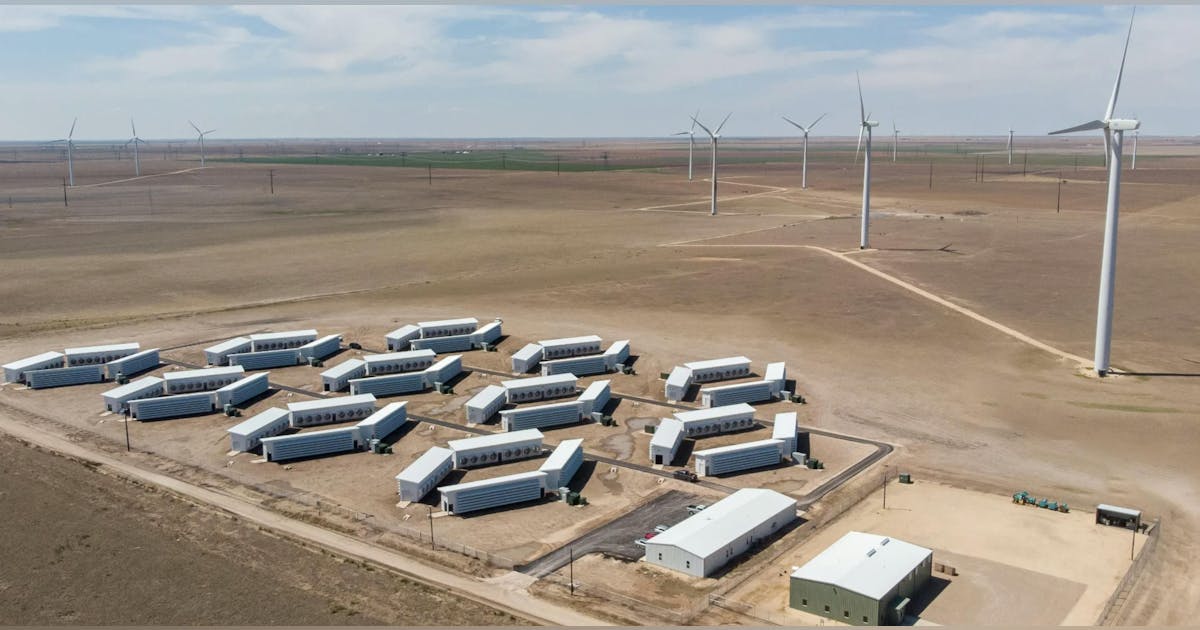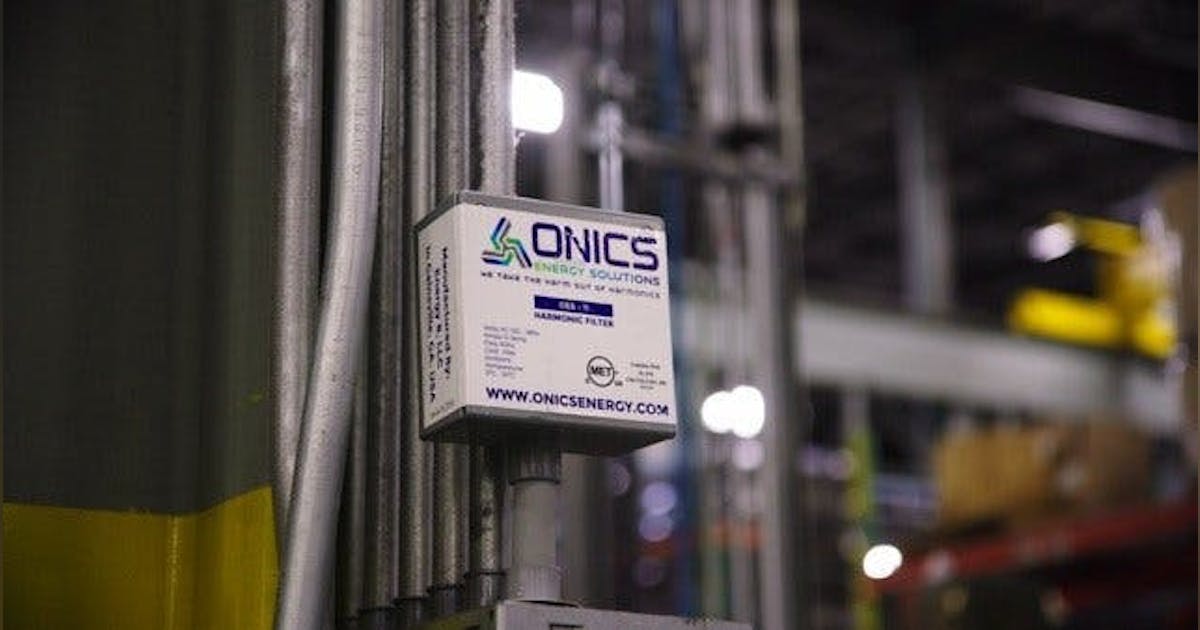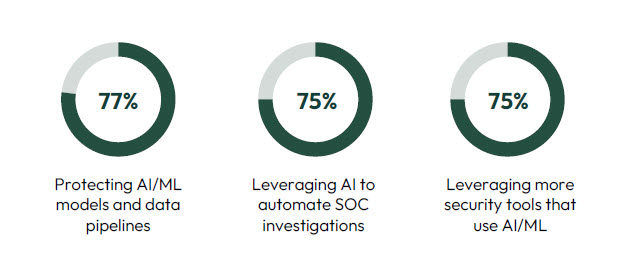
Eni SpA has awarded Saipem SpA a three-year contract for the carbon dioxide (CO2) electrical compression station of its Liverpool Bay carbon capture and storage (CCS) project.
The station will be converted from a traditional gas compression and treatment facility at North Wales’ Point of Ayr. Worth about EUR 520 million ($589.33 million), “Saipem’s scope of work concerns the Engineering, Procurement, Construction, and assistance to the Commissioning of a new CO2 Electrical Compression Station”, the company said in an online statement. “This new facility will be integrated with both the offshore and onshore segments of the overall development.
“The project will generate positive employment impacts, with over 1,000 local resources involved during the construction period, and will guarantee emissions reductions from industries in the Northwest of England and North Wales”.
On April 24 Eni said Liverpool Bay CCS has hit the construction stage after the company and the United Kingdom government reached a financial close.
The project will comprise the transport and storage infrastructure for the HyNet North West Industrial Decarbonization Cluster project, which spans North West England and North Wales. Planned to reach 4.5 million metric tons per annum (MMtpa) of CO2 storage capacity by 2030, HyNet will store captured emissions in depleted hydrocarbon fields in the Irish Sea. The Eni-led HyNet consortium plans to expand the capacity to 10 MMtpa. Start-up is expected 2028.
“The strategic agreement with the UK Government paves the way for the industrial-scale development of CCS, a sector in which the United Kingdom reaffirms its leadership thanks to the promotion of a regulatory framework that aims to strengthen the development of CCS and make it fully competitive in the market”, Eni chief executive Claudio Descalzi said.
The government plans to establish 2 carbon capture, usage and storage (CCUS) clusters, as outlined in its “CCUS Net Zero Investment Roadmap” published April 2023. The roadmap identified 78 gigatons of potential CO2 storage capacity.
HyNet’s expected clients include cement factories, waste plants and low-carbon hydrogen production facilities.
HyNet is also planned to contribute 40 percent of the UK’s low-carbon hydrogen production target, according to project information on Eni’s website. The UK plans to reach 10 gigawatts of low-carbon hydrogen output capacity by the end of the decade, at least half of which would be produced by electrolysis, as outlined in the government’s “British Energy Security Strategy 2022”.
The government said the financial close agreement will see Eni award about GBP 2 billion ($2.66 billion) in supply chain contracts.
The North Sea Transition Authority separately said April 24 it has issued permits for Liverpool Bay CCS.
To contact the author, email [email protected]
What do you think? We’d love to hear from you, join the conversation on the
Rigzone Energy Network.
The Rigzone Energy Network is a new social experience created for you and all energy professionals to Speak Up about our industry, share knowledge, connect with peers and industry insiders and engage in a professional community that will empower your career in energy.
MORE FROM THIS AUTHOR

